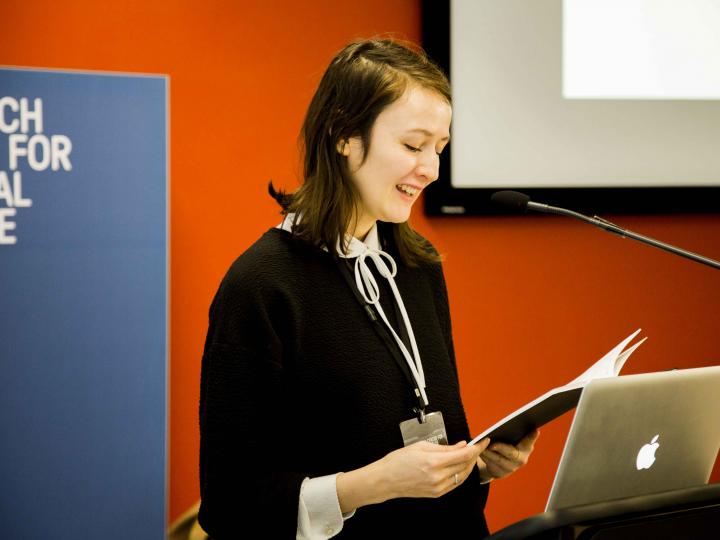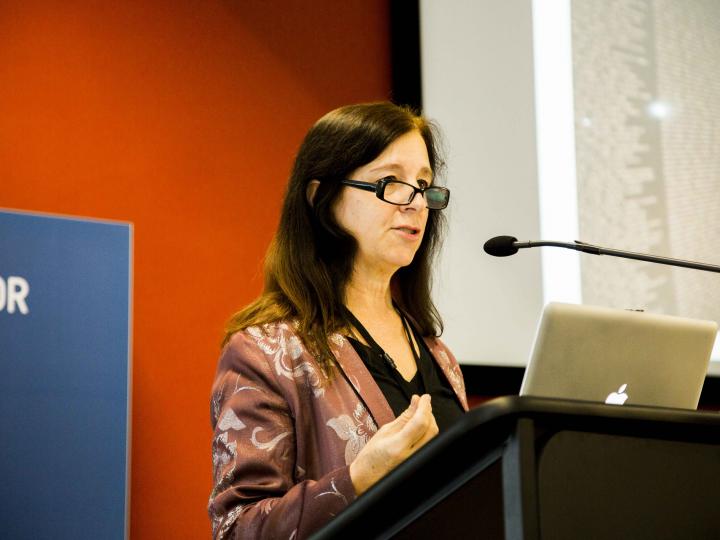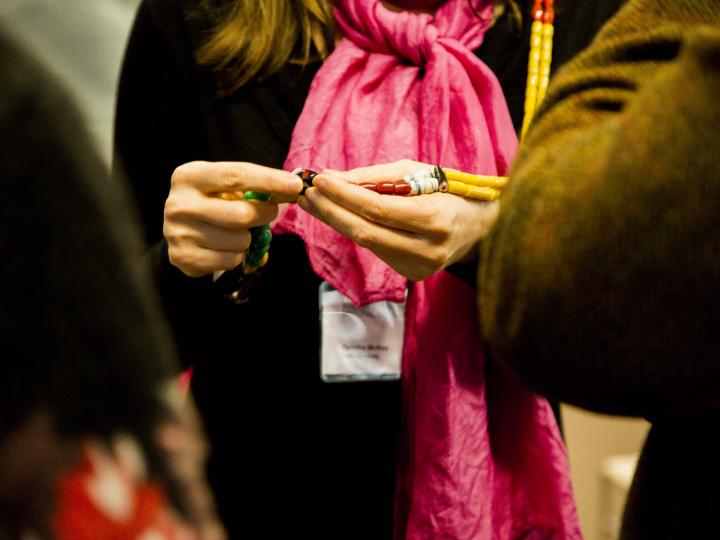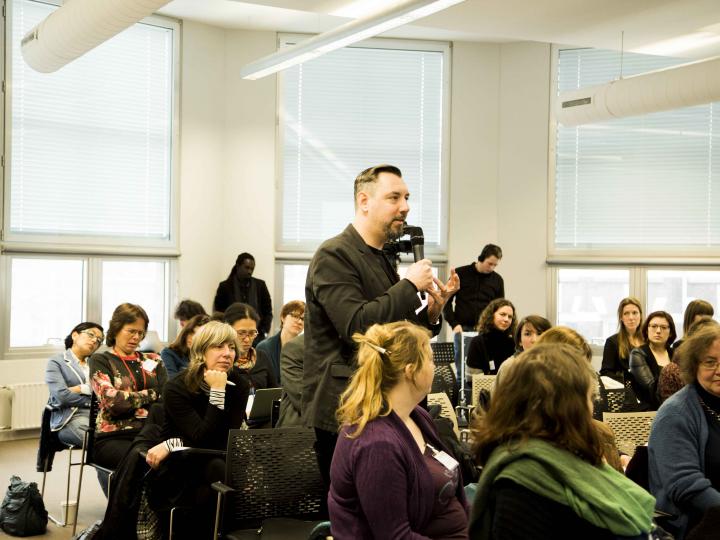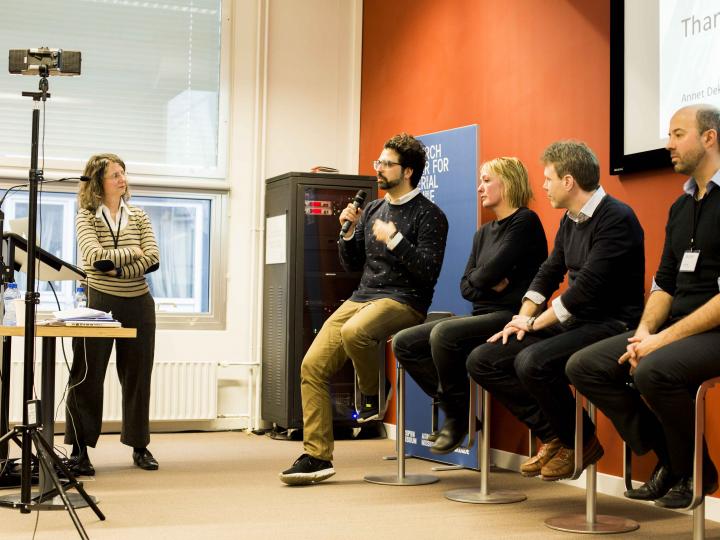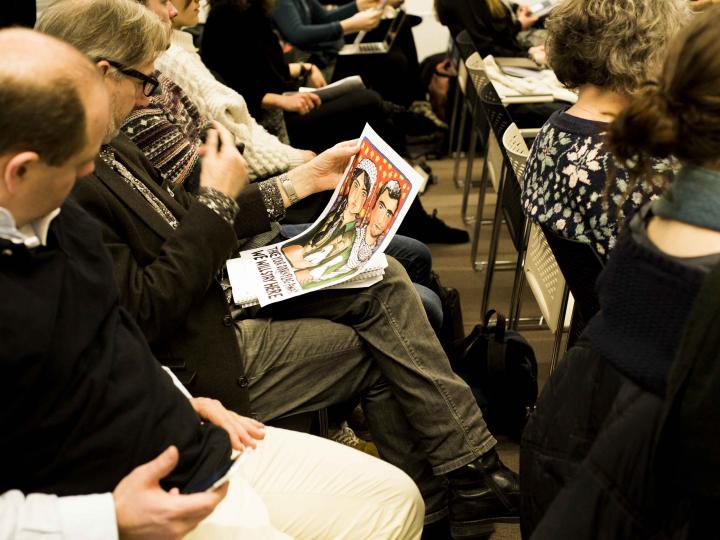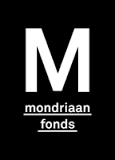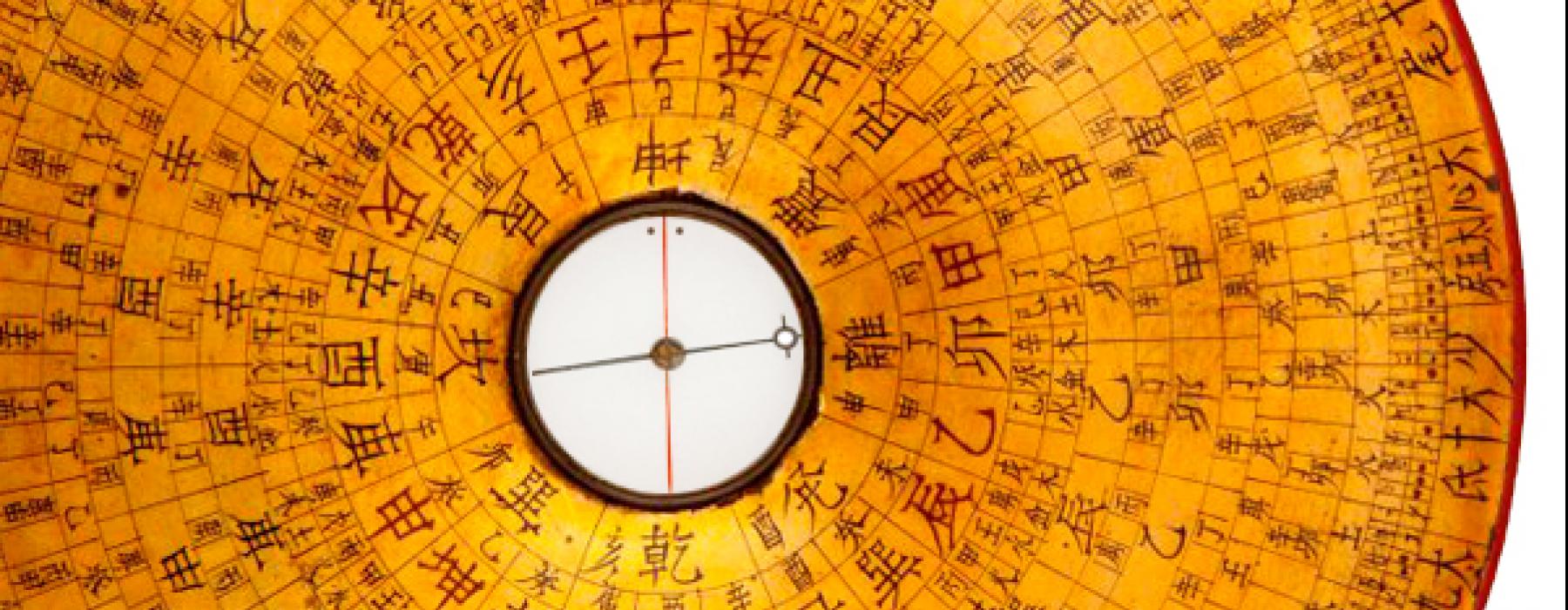
In the past two decades digital technologies have become omnipresent in the museum. They have changed the ways museums document, preserve, make accessible and present cultural heritage. Ethnographic museums follow this trend: they have embraced digital technologies as tools for engaging the public, for cataloguing and disseminating knowledge about their collections and for democratizing knowledge production. However, scant attention has been given by these museums to thinking about digital technologies as cultural objects and practices in their own rights. Ethnographic museums have in many ways ignored the influence of the digital on cultural dynamics and practices as well as the subjectivities associated with these practices. One of the reasons is the pre-occupation with material authenticity, aura and originality – presumably values that the digital lacks – which has prevented digital objects to attain the status of cultural artifacts worthy of a place in museum collections. As a consequence digital heritage is not yet part of the research, exhibition and collecting agendas of these museums. This conference aims to open up a space to create new definitions and roles for digital objects in the museum, to study the artistic, social, cultural and political aspects of digital practices and to explore possibilities for collecting and preserving digital cultures for the future.
Invited speakers will examine questions such as:
- How can ethnographic museums reflect on the impact of digital technologies on identity, culture and society?
- Should the ethnographic museum offer a memory space for digital practices and objects, and if so which of those could be of interest?
- How might the study of digital cultural practices enable new perspectives on collections held by (ethnographic) museums? How might the acquisition of digital objects challenge what we understand (ethnographic) museum objects, and associated concepts of material authenticity, originality and aura, to be?
- To what extent do digital technologies enable a rethinking of the foundational principles and practices of ethnographic museums and their colonial past?
The conference will be divided into three sessions:
